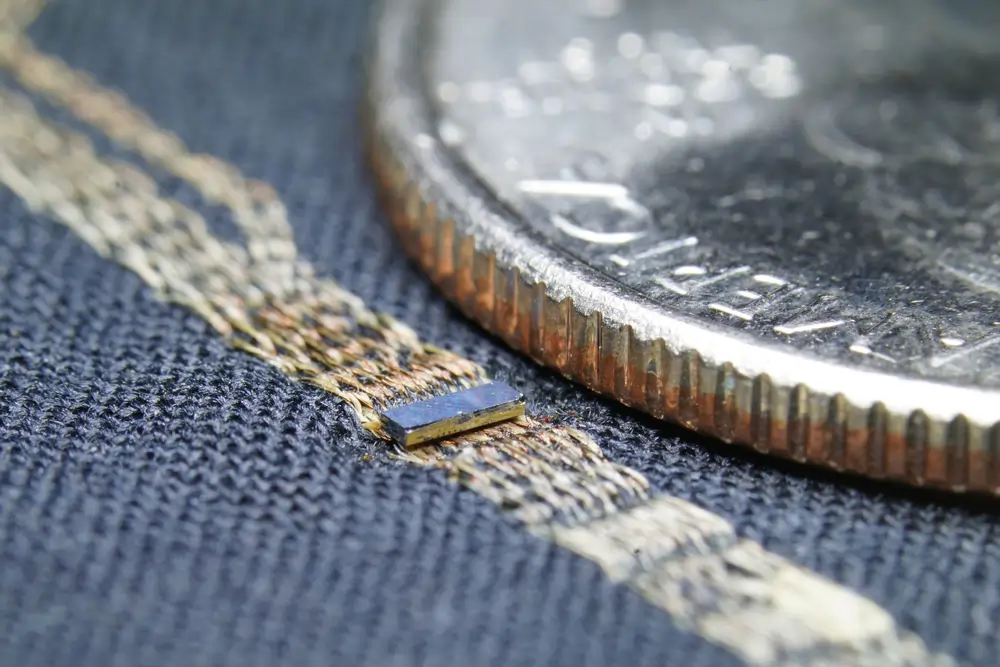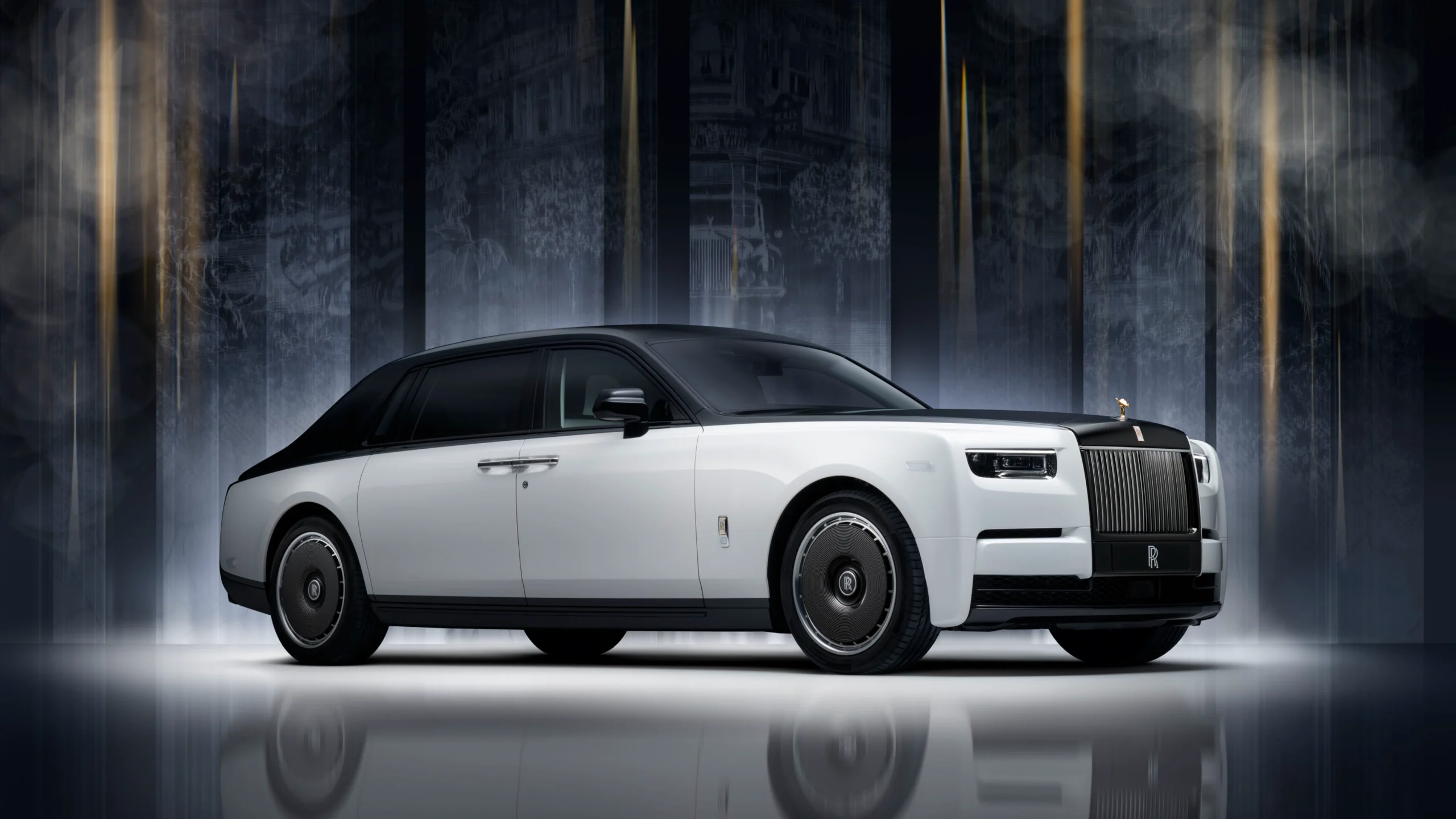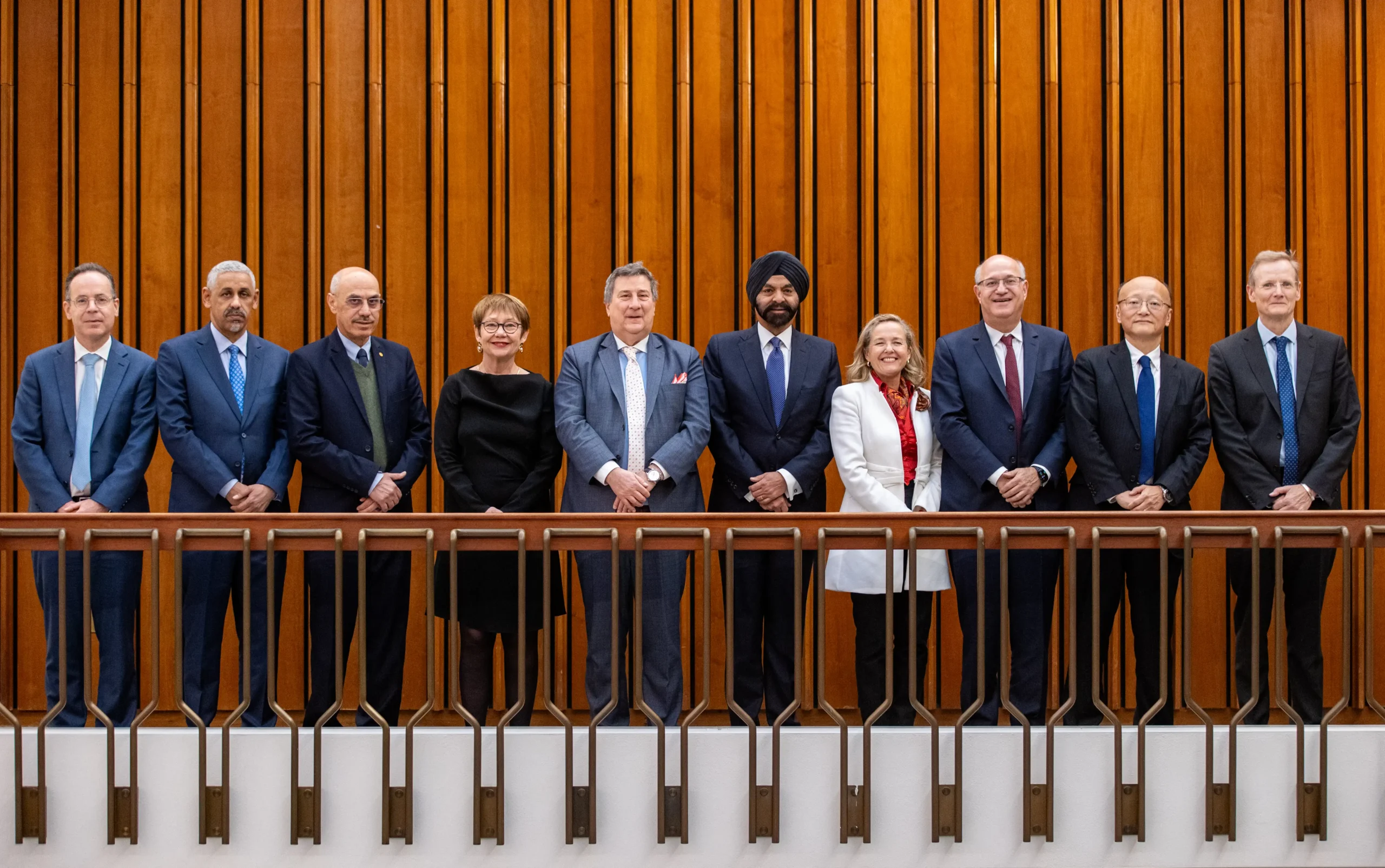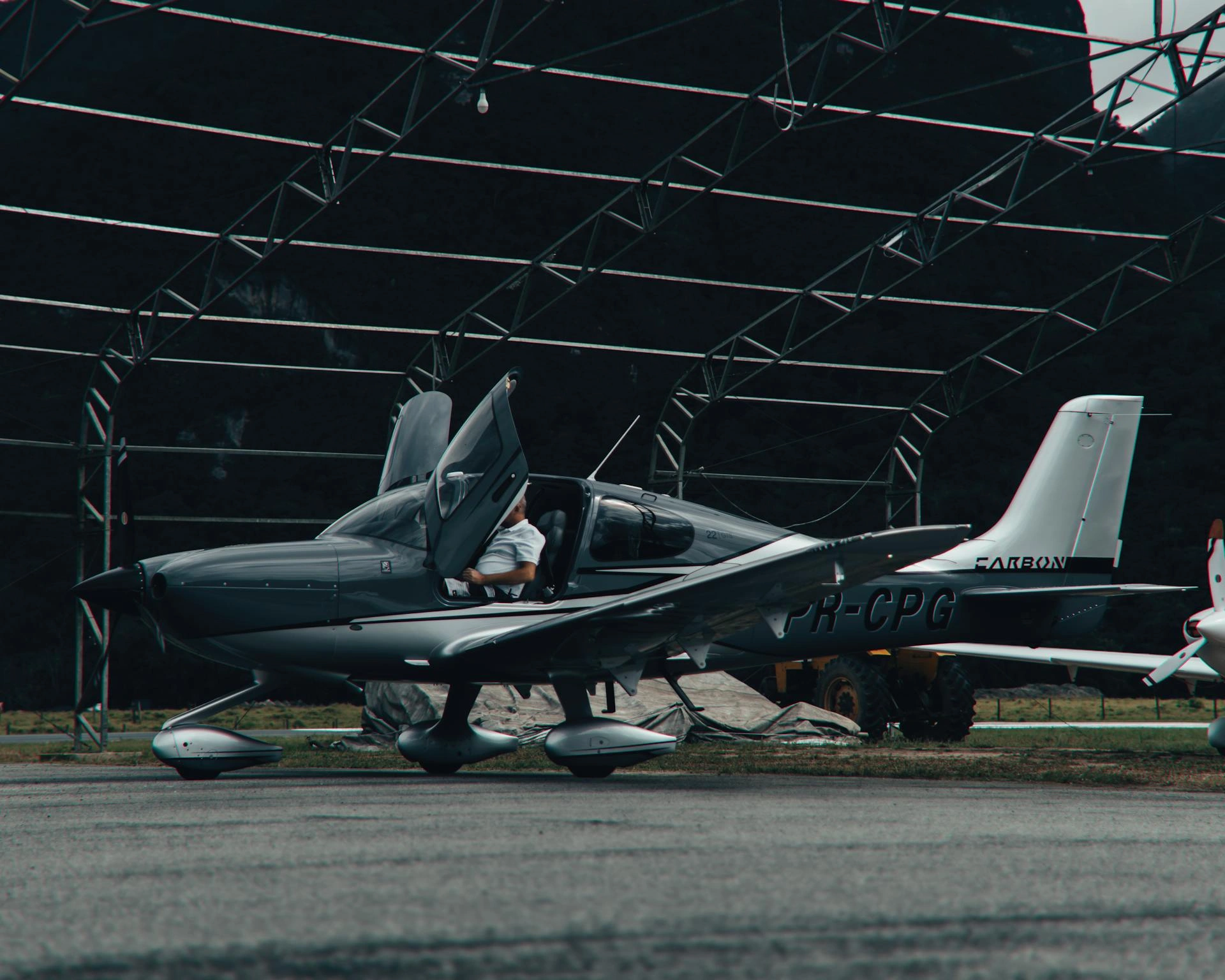News in brief: The US government is creating high-tech ‘spy underwear’

John E. Kaye

It’s a gadget to make 007 proud…and Q blush
High-tech spy underwear that captures audio, video and geolocation could soon be worn by secret agents following a “technological milestone” in the field of electronic textiles.
The US government reportedly invested more than $22million on its ‘SMART ePANTS’ program to transform shirts, trousers, socks and pants into state-of-the-art surveillance tools.
Officials wanted to produce clothing fitted with tiny cameras, sensors, and microphones to help spies gather intelligence and to assist police and other law enforcement personnel in their duties.
The goal was to create computerised garments that would look and feel like everyday clothes – a feat no public or private group has achieved before.
But the project took an “important step” forward yesterday after engineers attached tiny circuit boards called ‘chiplets’ to embroidered conductive yarns for the first time.
Using a process called ‘direct die attach’, experts fastened the chiplets to a series of fine metal strands capable of carrying electronic current. The space between yarns was the width of a human hair.
The feat, described as a world first, marks what US contractors Nautilus Defence say could lead to the scalable manufacture of active smart textiles (ASTs) – clothes that “look and feel like the fabrics people wear every day”.
ASTs are likely to be used by the Intelligence Community (IC), Department of Defense, and Department of Homeland Security.
The technology will enable those agencies to capture hands-free recordings without having to wear or carry bulkier surveillance equipment.
Nautilus Defence is one of several firms to have partnered with the Intelligence Advanced Research Projects Activity (IARPA), an arm of the Office of the Director of National Defense.
Other entities involved in the project include GE Aerospace, TRX Systems, Centeye, Anthro Energy , Arachne Labs, The University of Virginia, and The University of Michigan.
Jim Owens, the CEO of Nautilus Defense, said: “Textiles are simultaneously one of the most ubiquitous, impactful, and unassuming technologies developed in human history.
“With support from IARPA and collaborations with private industry and higher education, Nautilus is advancing the state of the art in textile-integrated sensor systems.
“We are proud to be a pioneer in the rapidly evolving advanced textile industry. The technological advancements we are making at Nautilus will strengthen our national security, create new economic opportunities in our region, and accelerate strategic research initiatives across a range of industries.”
Watch the SMART ePANTS Interview with IARPA PM Dawson Cagle
Main image: UVA-developed chiplet attached to 2D textile. © Nautilus Defense
Sign up to The European Newsletter
RECENT ARTICLES
-
 New £2.5 million Rolls-Royce Phantom marks model’s centenary
New £2.5 million Rolls-Royce Phantom marks model’s centenary -
 UK faces surge in major cyber attacks, NCSC warns
UK faces surge in major cyber attacks, NCSC warns -
 Historian warns climate denial is causing “immense harm” as humanity nears a “major crunch point
Historian warns climate denial is causing “immense harm” as humanity nears a “major crunch point -
 The European Autumn 2025 edition out now
The European Autumn 2025 edition out now -
 Study finds creative storytelling boosts confidence and career prospects for young people
Study finds creative storytelling boosts confidence and career prospects for young people -
 Global development banks agree new priorities on finance, water security and private capital ahead of COP30
Global development banks agree new priorities on finance, water security and private capital ahead of COP30 -
 South African students develop tech concept to tackle hunger using AI and blockchain
South African students develop tech concept to tackle hunger using AI and blockchain -
 Global startup expo enters final day in Dubai as Expand North Star marks a decade of innovation
Global startup expo enters final day in Dubai as Expand North Star marks a decade of innovation -
 Bleisure boom turning Gen Z work travel into ‘life upgrade’
Bleisure boom turning Gen Z work travel into ‘life upgrade’ -
 Automation breakthrough reduces ambulance delays and saves NHS £800,000 a year
Automation breakthrough reduces ambulance delays and saves NHS £800,000 a year -
 AI found to make people 15% more likely to lie, study warns
AI found to make people 15% more likely to lie, study warns -
 Global aerospace composites market to triple by 2034 as demand for lighter, greener aircraft accelerates
Global aerospace composites market to triple by 2034 as demand for lighter, greener aircraft accelerates -
 ICIEC to host 15th AMAN Union Summit as Islamic finance eyes closer trade integration
ICIEC to host 15th AMAN Union Summit as Islamic finance eyes closer trade integration -
 Matching words and images helps charities raise more money, study finds
Matching words and images helps charities raise more money, study finds -
 UK to host African Development Fund summit as Africa pushes for food self-sufficiency
UK to host African Development Fund summit as Africa pushes for food self-sufficiency -
 Off the blocks: LEGO and Formula 1 reunite for documentary on viral Miami Grand Prix stunt
Off the blocks: LEGO and Formula 1 reunite for documentary on viral Miami Grand Prix stunt -
 Mergers and partnerships drive Africa’s mining boom – but experts warn on long-term resilience
Mergers and partnerships drive Africa’s mining boom – but experts warn on long-term resilience -
 New AI breakthrough promises to end ‘drift’ that costs the world trillions
New AI breakthrough promises to end ‘drift’ that costs the world trillions -
 Europe tightens grip on strategic space data as dependence on U.S tech comes under scrutiny
Europe tightens grip on strategic space data as dependence on U.S tech comes under scrutiny -
 Trinity Business School study warns conspiracy theories are fueling real-world protest and sabotage
Trinity Business School study warns conspiracy theories are fueling real-world protest and sabotage -
 GITEX GLOBAL 2025 to spotlight AI’s expanding role in future-critical sectors
GITEX GLOBAL 2025 to spotlight AI’s expanding role in future-critical sectors -
 UK organisations show rising net zero ambition despite financial pressures, new survey finds
UK organisations show rising net zero ambition despite financial pressures, new survey finds -
 HumanX to establish permanent European base with 2026 Amsterdam AI summit
HumanX to establish permanent European base with 2026 Amsterdam AI summit -
 Gulf ESG efforts fail to link profit with sustainability, study shows
Gulf ESG efforts fail to link profit with sustainability, study shows -
 Glastonbury and Coachella set the stage for $400bn music tourism growth
Glastonbury and Coachella set the stage for $400bn music tourism growth



























